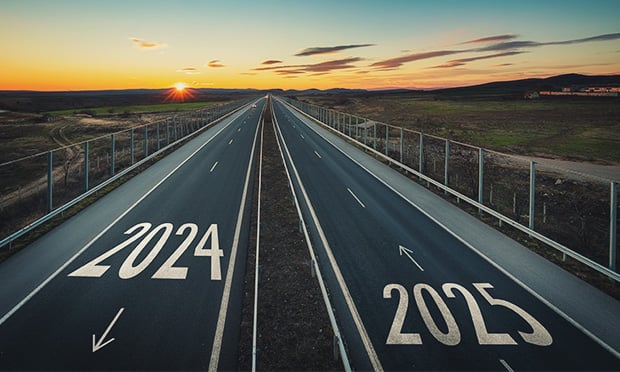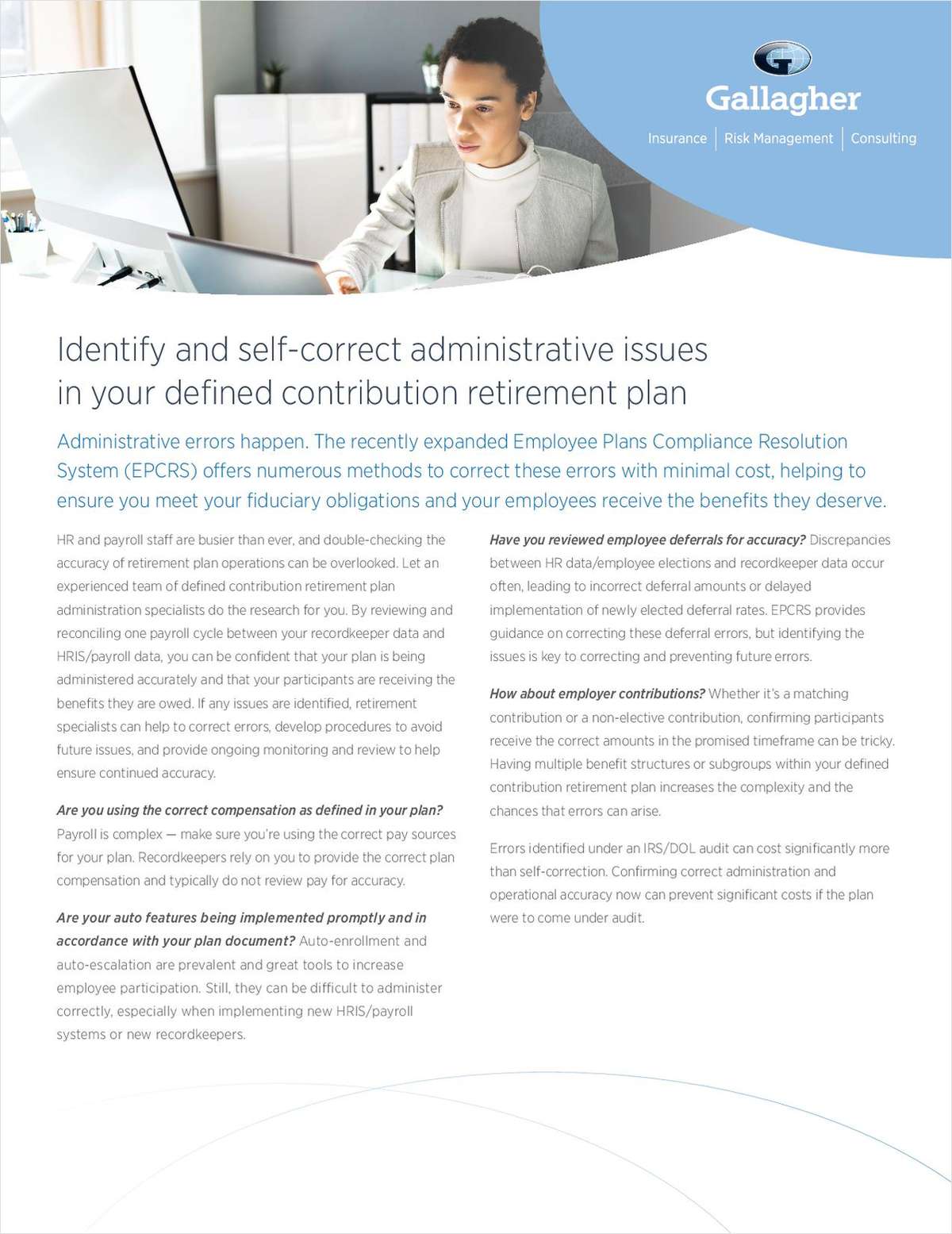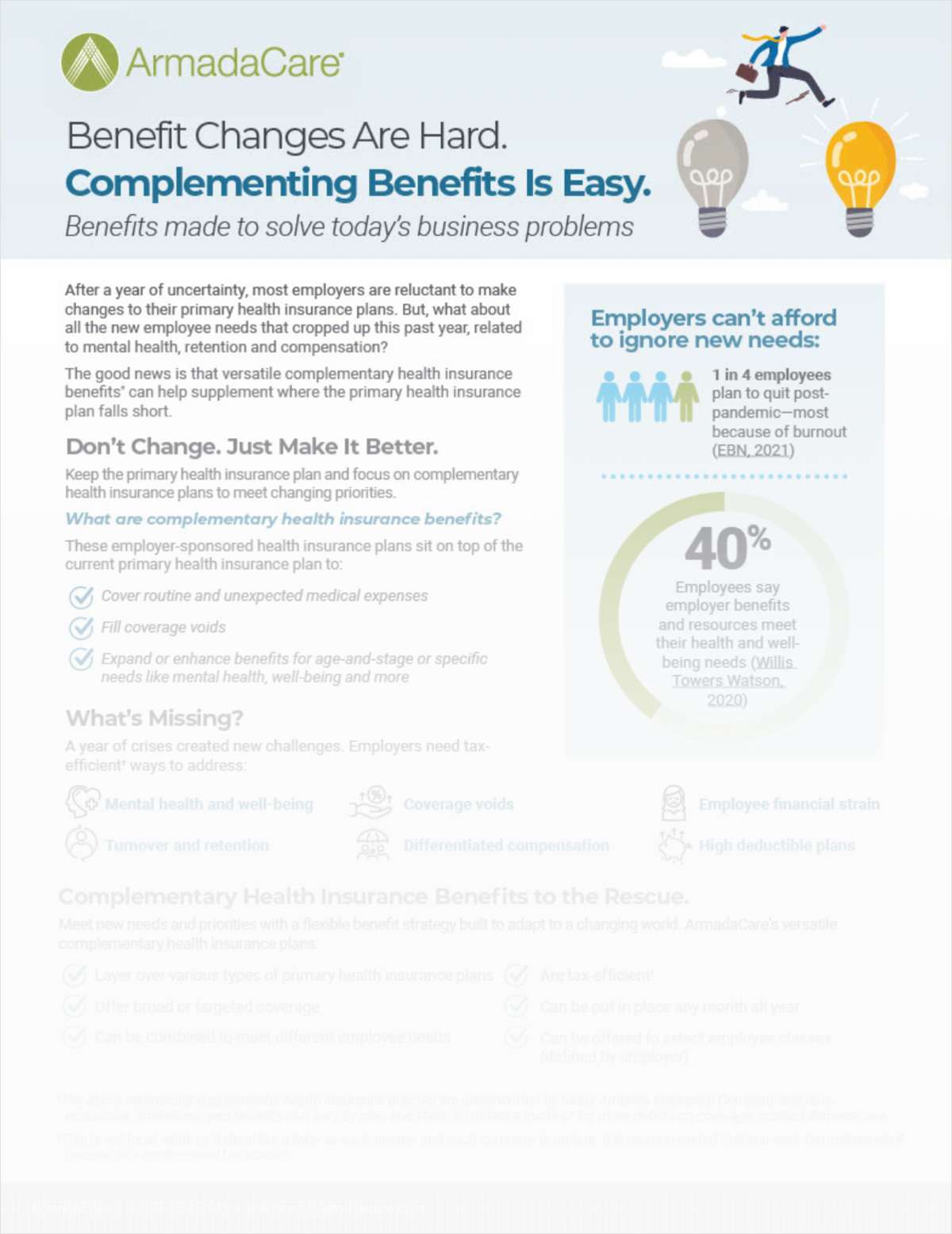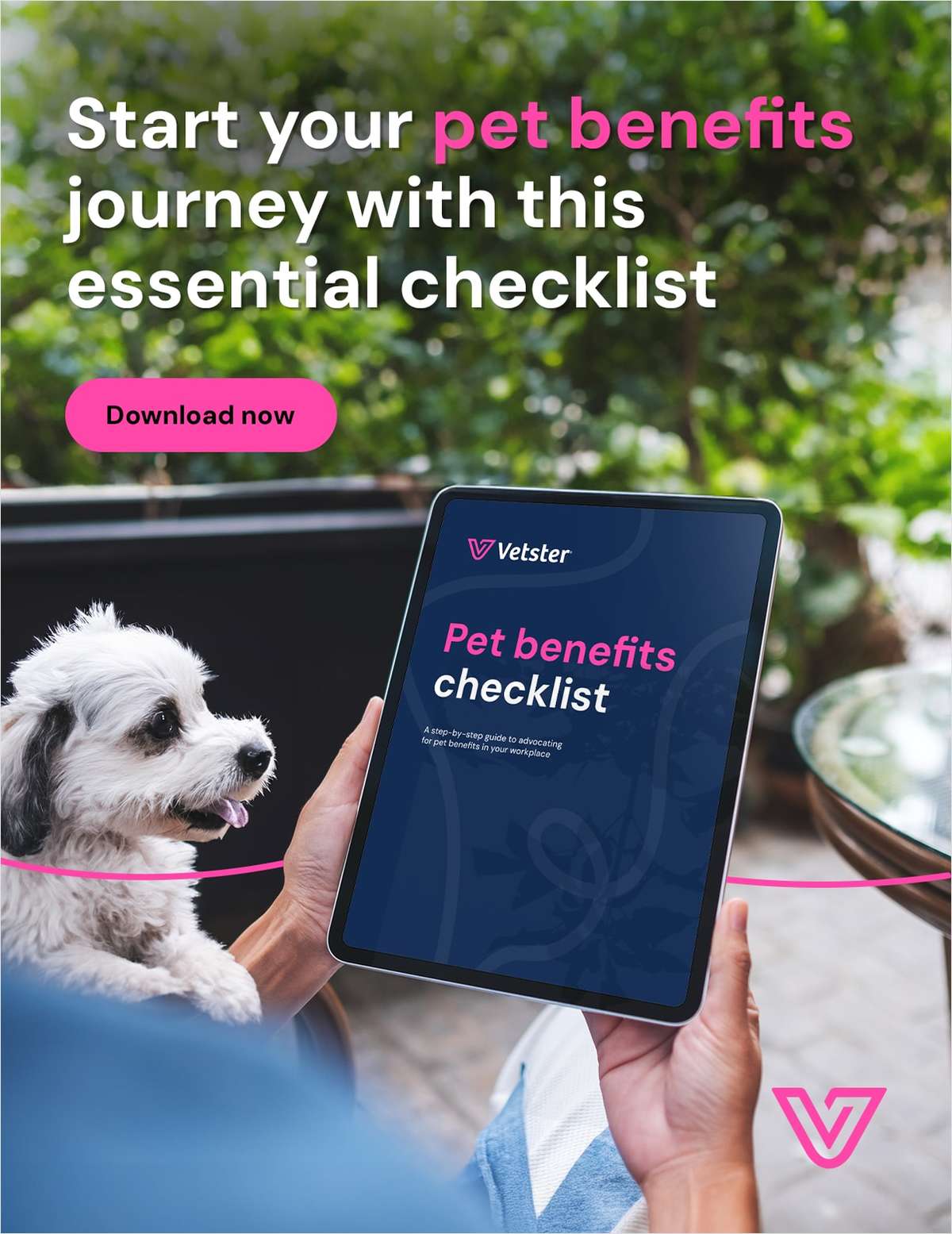The pandemic has not only strained our health system but pushed an already lacking mental health care system to the brink. As many Americans struggle with stress, isolation and mental health issues, some are better positioned to get the help they need. Like other areas of health care, there are significant disparities in access between different economic and racial groups. Adding to the complexity is the stigma associated with mental illness, which also varies among ethnic groups. Related: To improve health outcomes, address health equity Unfortunately, the issue is something of a Catch-22: financial instability is a major cause of stress among workers, but low-income workers also have a harder time affording the help they need. According to a survey conducted by OnePoll on behalf of Big Health, just 54% of people making less than $30,000 annually say they have access to the mental health support they need. Among those making more than $150,000, that number jumps to 76%. "Although we have made significant progress normalizing mental health care, stigma and cost continue to be a significant barrier for those seeking support, especially within underserved populations," said Big Health Chief Medical Officer Dr. Jenna Carl. "Moving forward, it is paramount that we focus on improving mental health equity by offering clinically based approaches to those who may not otherwise have access to care." According to the survey, low-income workers are twice as likely to put off mental health care because of the cost. What's more, nearly a third (30%) turn to self-medicating to cope with their stress, including 19% who use alcohol. "We've seen radically increased demand for non-drug alternatives for mental health as a result of the pandemic. If there is a silver lining to the past year and a half, it's the collective realization that we need to increase access to evidence-based mental health care for those who need it," said Big Health Co-founder and CEO Peter Hames. Check out the slides above to delve deeper into the mental health disparity in America. Read more: |
Complete your profile to continue reading and get FREE access to BenefitsPRO, part of your ALM digital membership.
Your access to unlimited BenefitsPRO content isn’t changing.
Once you are an ALM digital member, you’ll receive:
- Breaking benefits news and analysis, on-site and via our newsletters and custom alerts
- Educational webcasts, white papers, and ebooks from industry thought leaders
- Critical converage of the property casualty insurance and financial advisory markets on our other ALM sites, PropertyCasualty360 and ThinkAdvisor
Already have an account? Sign In Now
© 2024 ALM Global, LLC, All Rights Reserved. Request academic re-use from www.copyright.com. All other uses, submit a request to [email protected]. For more information visit Asset & Logo Licensing.








